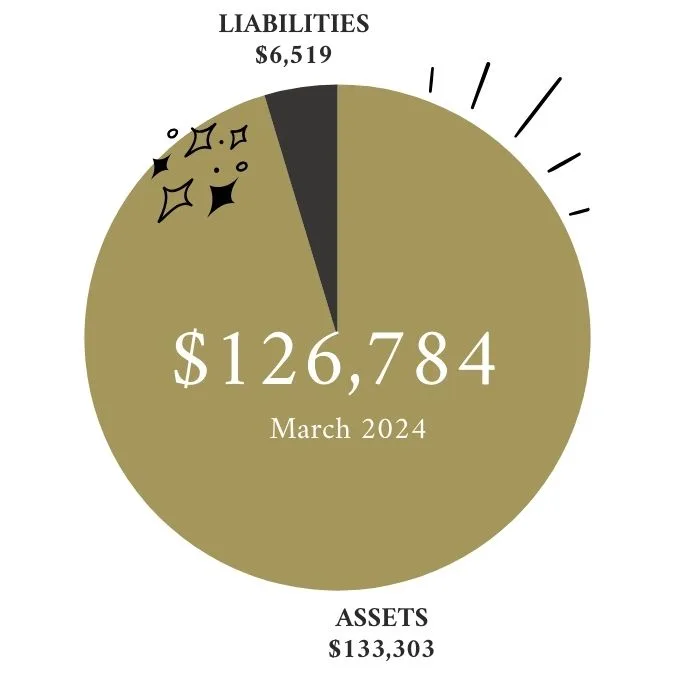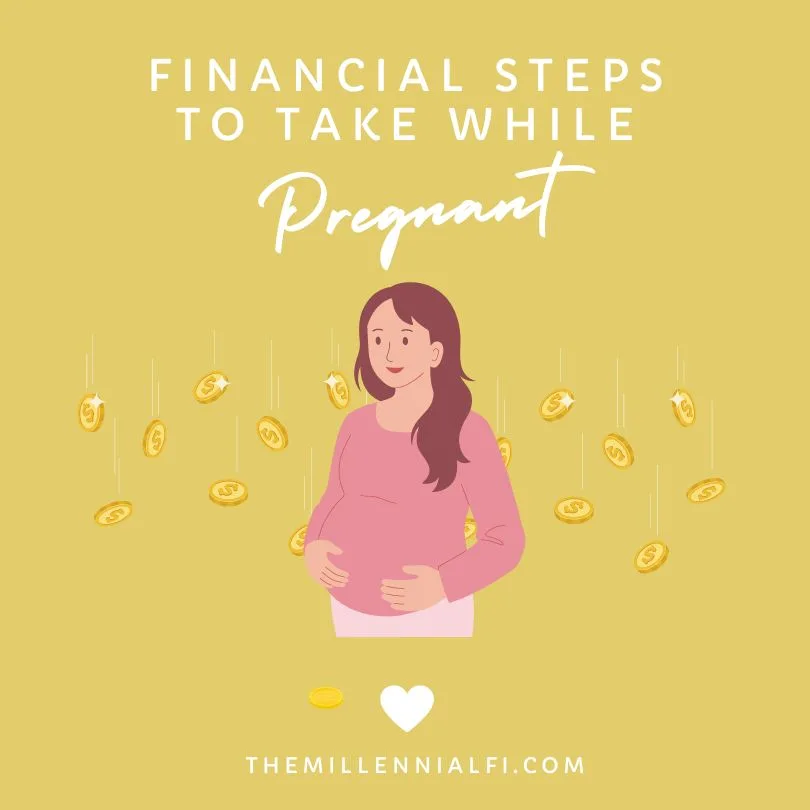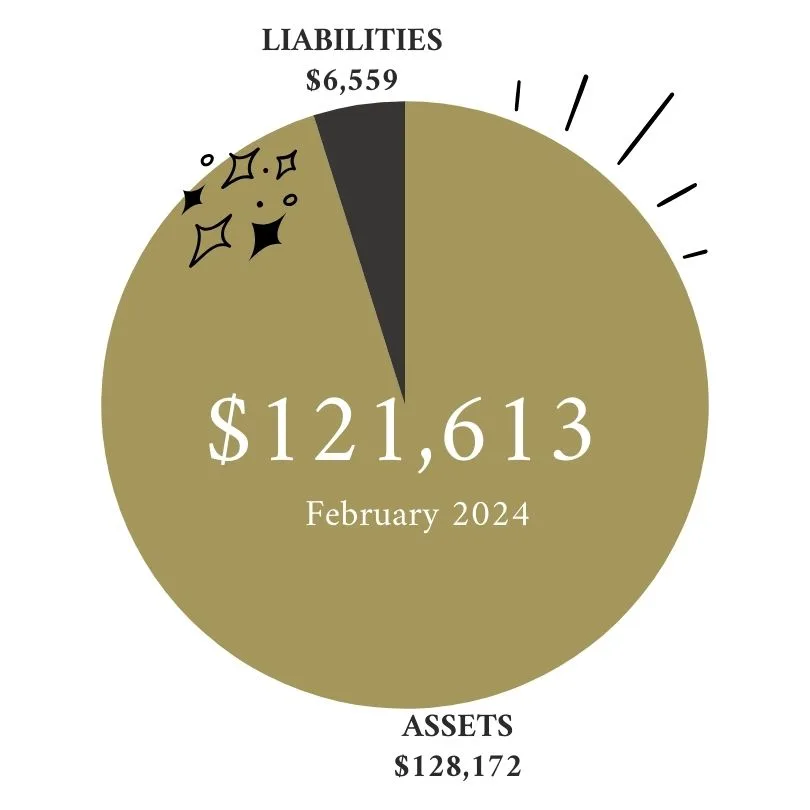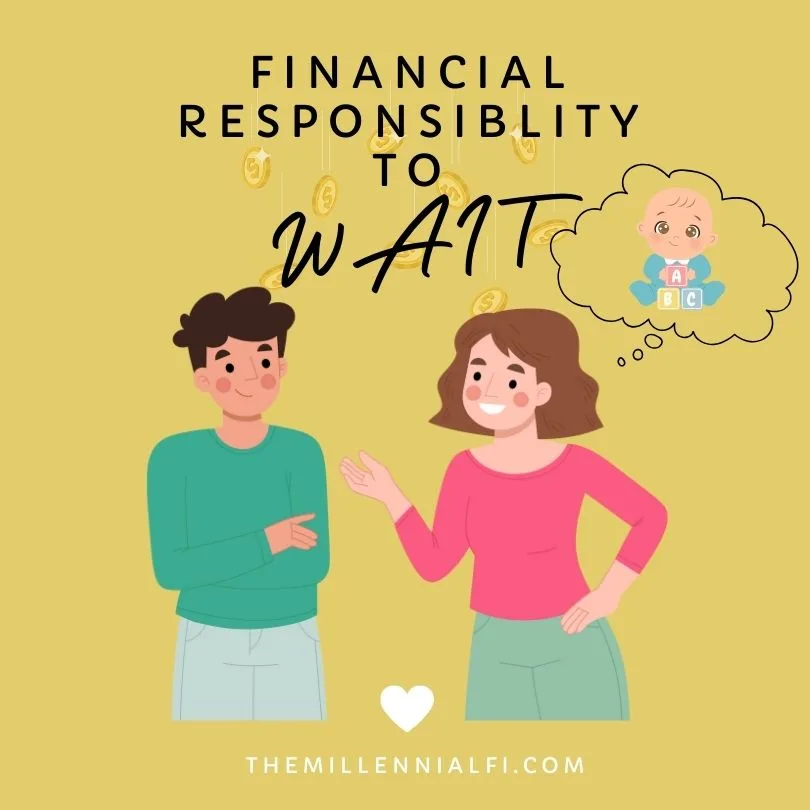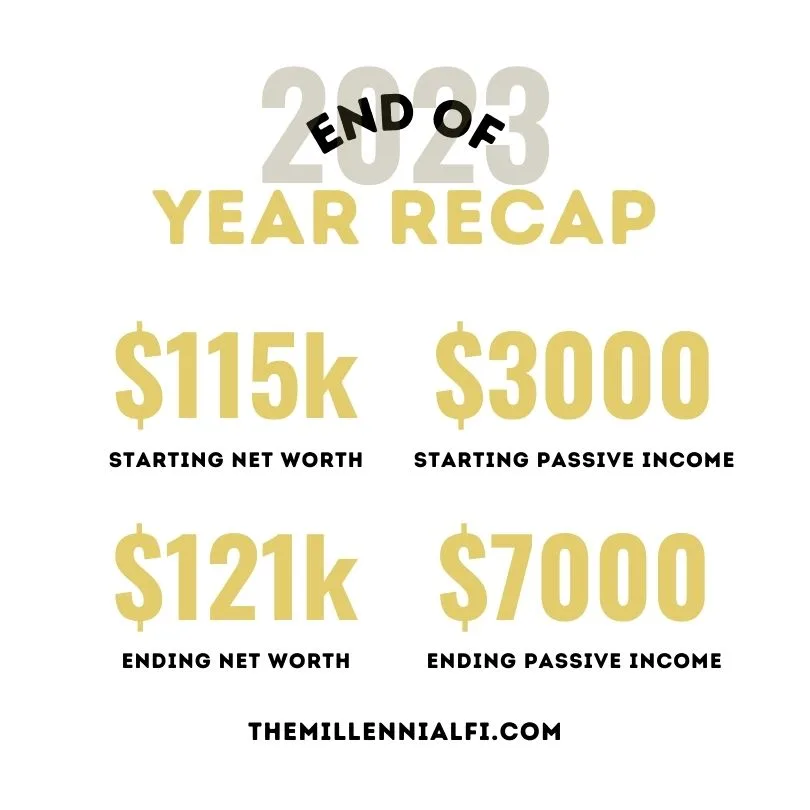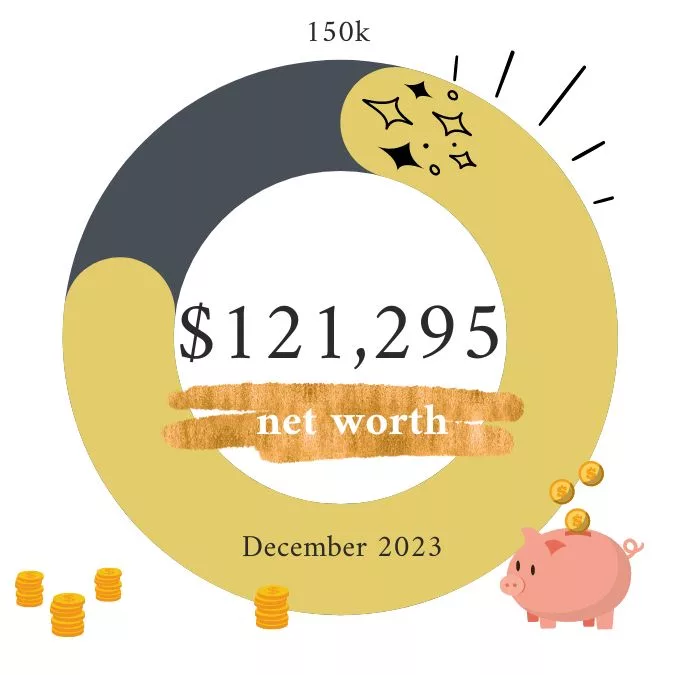Happy February! Time flies during these winter months where we’re held up at home, avoiding the bitter cold and bidding time until Spring. What better time than to get a head start on our finances for the year?
Much like Marie Kondo’s decluttering method did for our homes, we can apply similar methods to our finances. Because, let’s be real, most of Gen Y’s financial life is in the dog house. We’ve been hit with multiple economic disasters and still have a decent amount of earning years left to go. Couple that with sky high tuition and rising housing costs and we don’t have much left to stand on.
2020 was notably a year that scarred EVERYONE’s finances, not just Millennials.
Even if financial independence (FI) is not your end goal, keeping track of your financial life will still benefit you. Your future self will appreciate it, especially during tax time!
Don’t worry, finances – much as life, is not always doom and gloom. We all go through periods of scarcity and abundance in our lifetimes. It’s how we react to and manage during those times that will determine the outcome.
So what exactly is “decluttering finances”?
Many of us have one too many financial accounts or know someone with five credit cards. Decluttering helps to simplify our lives, increase security, and gives confidence in our financial standing.
Start by listing any and all of your financial accounts. In this case, I recommend using a spreadsheet or go old school with a sheet of paper or notebook/planner. We are going to list all liquid and semi-liquid assets.
This includes:
- credit
- checking
- savings
- retirement
- brokerage
- FSA/HSA
- etc.
Did you know? 55 million people in the US live and operate their daily lives without a bank account. This is known as being unbanked or underbanked. If this applies to you, list all the ways you may otherwise have access to currency. This could be an employer issued payment card or cash.
Now step back and assess, how many accounts do you have?
No matter how many you listed, ask yourself if you really need each of them. I’ve noticed over the years that many people keep accounts at separate banks and never use them. This seems arbitrary and a potential security risk. No bank is 100% secure, data breaches happen. In fact, in 2019 there were over 1500 data breaches with 164 million records exposed. We need to choose our institutions wisely and ensure we’re able to track each account.
For the sake of security one could argue that holding multiple accounts with the balance spread across them is safer but we can counter that logic by pointing out that it opens up more opportunities for accounts to be compromised. For someone that’s just start to manage their finances, keeping track of and created secure credentials can be a challenge. No matter which way you lean, using secure login details separate from your everyday logins helps.
In addition to determining if we really need the accounts, we should consider their balances. Retirement accounts can often be rolled over into one, the same with savings and checking accounts. It may make more sense to close the random checking/savings account and move it to a higher interest bearing account or pay down debts.
Remember, the whole reason we save money is so that it works for us not against us. We don’t have to save a LOT of money to be financially healthy. We just need to save and invest in a smart way that leads to returns. (ROI)
If you’re not receiving a positive rate of return or at least breaking even (nothing gained, nothing lost), then start by looking at why. Is that the accounts are being assessed fees? If it is, fix it. Is it that you spend more than you make? We definitely need to fix that. The most important thing is recognizing and fixing financial choices that harm us in the long run.
Money and wealth is very much a time game with a long horizon. I’m not talking about get-rich-quick schemes or YOLO investing. I’m advocating for smart, informed decision making.
Moving towards the credit account side if this, even I’m guilt of holding cards I don’t use. Assuming your credit score is in good standing, consolidating credit cards can be a smart move.
While I personally never carry a credit card balance month to month, many Millennials do. It’s a dark hole that’s hard to climb out of. Just as I’ve told my friends, a smart move to help kickstart becoming debt free is not cutting the cards (although it may be effective). No, it’s consolidating them into a lower interest card. The main issue many people run into doing this is that their credit score and/or income don’t allow them to qualify for this type of financial move.
That’s where financial strategy can help.
Strategies like the debt-snowball method Dave Ramsey advocates or the debt-avalanche method. Both of these take time. No matter how you choose to tackle debt accounts, bring those balances to zero is freeing. It’s a great way to declutter your finances and step towards a healthier financial life.
Today’s homework is to work toward decluttering finances and strategizing our way to a debt free life.



